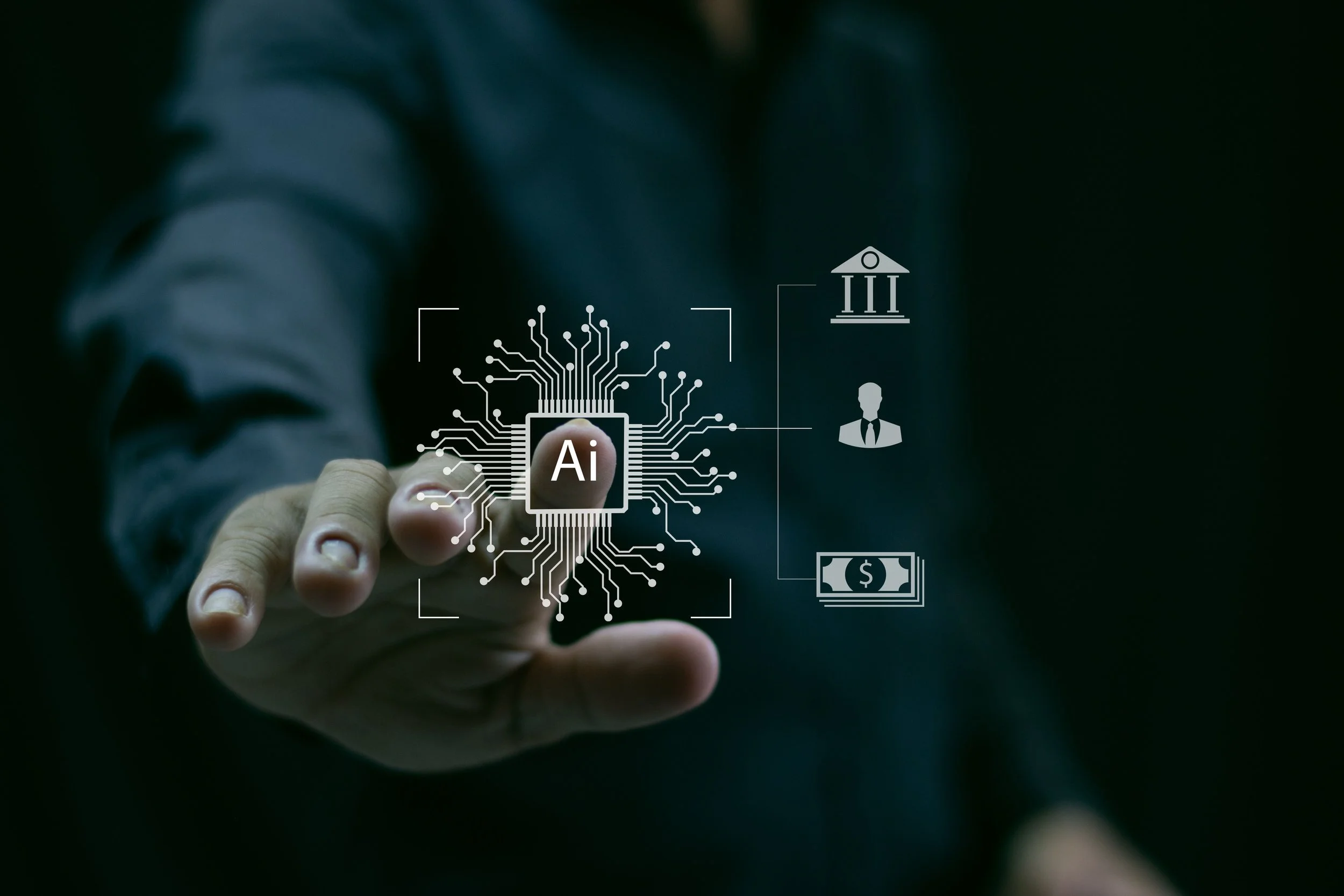Governing AI Responsibly
Abstract:
As artificial intelligence becomes more integrated into our daily lives and critical infrastructures, the need for strong ethical frameworks and governance models is more urgent than ever. This article explores the key issues surrounding AI ethics and governance in 2025, including fairness, transparency, accountability, and human oversight. It examines the role of governments, tech companies, and civil society in shaping responsible AI practices and highlights current efforts to ensure AI technologies align with societal values and human rights.
Keywords:
AI Ethics, Responsible AI, Governance, Transparency, Accountability, Human Oversight, Bias in AI, Regulation, Data Ethics, Ethical AI Frameworks
Introduction:
Artificial intelligence is no longer a futuristic concept—it is a foundational part of how governments, businesses, and individuals operate in 2025. However, the rapid development and deployment of AI have raised pressing concerns about ethical use, bias, transparency, and accountability. As these systems increasingly influence critical decisions in healthcare, law enforcement, finance, and employment, society must ensure that AI operates in ways that are ethical, equitable, and aligned with human values. This article explores the evolving landscape of AI ethics and governance, emphasizing the importance of proactive, cross-sector collaboration in shaping AI’s role in our future.
1. The Foundations of AI Ethics
At the core of AI ethics are principles such as fairness, non-maleficence, autonomy, and justice. These foundations help guide the development and deployment of AI systems in ways that respect individual rights and promote social good. Fairness requires that AI systems do not discriminate based on race, gender, or socioeconomic status. Autonomy ensures that individuals retain control over decisions that affect their lives, while non-maleficence obliges developers and deployers to prevent harm. As AI grows in power and reach, ethical considerations must be baked into every phase of development, from data collection to algorithm design and implementation.
2. Challenges in Implementation
Despite growing awareness, translating ethical principles into practice remains a complex challenge. Many AI systems are trained on large datasets that reflect historical biases, resulting in discriminatory outputs. Moreover, the “black box” nature of some algorithms makes it difficult to understand how decisions are made. Lack of transparency and explainability raises concerns, especially in high-stakes environments like criminal justice or healthcare. Companies and institutions often struggle to balance innovation with ethical responsibility, particularly when commercial interests compete with public good. Without clear guidelines and enforcement mechanisms, ethical lapses remain a significant risk.
3. Governance and Regulatory Models
In response to these challenges, countries and international bodies are advancing new governance and regulatory frameworks for AI. The European Union’s AI Act is a pioneering legislative effort that categorizes AI systems by risk and imposes strict requirements on high-risk applications. In the United States, government agencies and think tanks are advocating for sector-specific guidelines and increased transparency mandates. Meanwhile, global organizations like the OECD and UNESCO have developed ethical AI principles to guide international cooperation. These frameworks emphasize the need for independent audits, algorithmic impact assessments, and mechanisms for redress.
4. The Role of Tech Companies and Developers
Private companies play a central role in shaping the future of AI. Ethical design begins with developers who must be trained to identify and mitigate risks throughout the AI lifecycle. Leading tech firms are forming ethics boards, publishing fairness toolkits, and open-sourcing responsible AI practices. However, voluntary measures alone are not enough. Strong internal governance, external oversight, and meaningful stakeholder engagement are necessary to ensure that corporate AI strategies align with ethical commitments. Developers also need to work in multidisciplinary teams that include ethicists, sociologists, and legal experts to address the broad impacts of AI systems.
5. Public Awareness and Civil Society Engagement
Empowering the public is essential for building trust in AI systems. People must understand how AI affects their lives and have the ability to question or contest automated decisions. Civil society organizations play a key role in educating the public, advocating for ethical standards, and holding companies and governments accountable. In 2025, digital literacy initiatives and public consultations are helping bridge the gap between technical experts and the communities affected by AI. Ethical AI cannot be achieved in isolation—it requires open dialogue, transparency, and inclusive participation.
Conclusion:
Ensuring responsible AI in 2025 is not just a technological challenge—it is a societal imperative. As AI becomes more embedded in our daily lives, robust ethics and governance frameworks are critical to safeguarding human rights, promoting fairness, and building trust. The path forward requires collaborative efforts among governments, industries, researchers, and civil society to create transparent, accountable, and inclusive AI systems. By investing in education, regulation, and ethical innovation, we can harness the benefits of AI while protecting the values that define us as a society.
Resources:
OECD AI Principles – https://www.oecd.org/going-digital/ai/principles/
European Commission - Artificial Intelligence Act – https://digital-strategy.ec.europa.eu/en/policies/regulatory-framework-ai
UNESCO Recommendation on the Ethics of AI – https://unesdoc.unesco.org/ark:/48223/pf0000381137
AI Now Institute - Research & Policy on AI Ethics – https://ainowinstitute.org/
Partnership on AI – https://www.partnershiponai.org/

